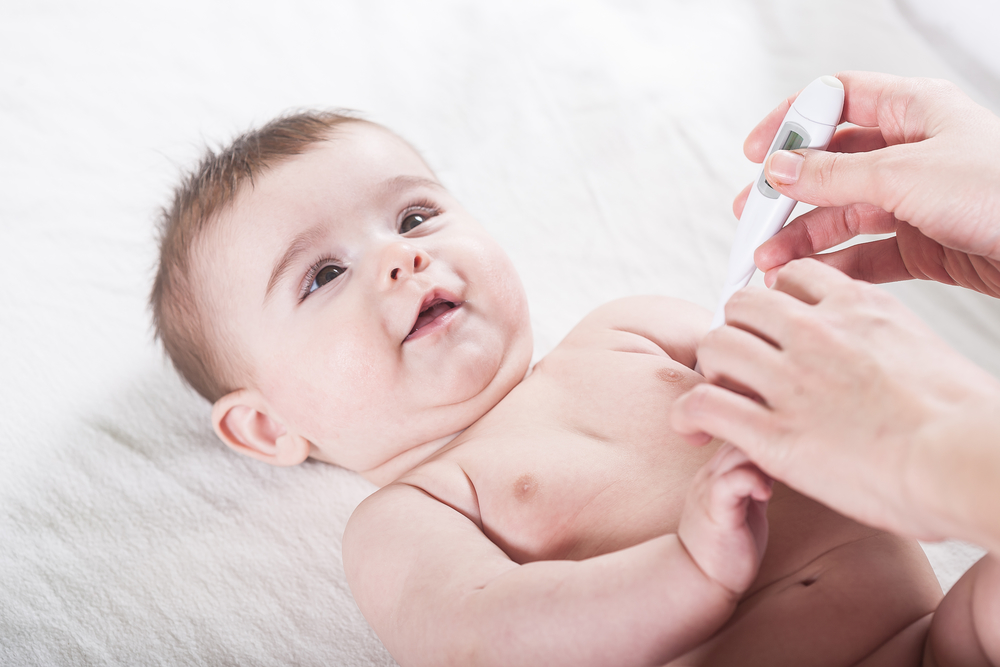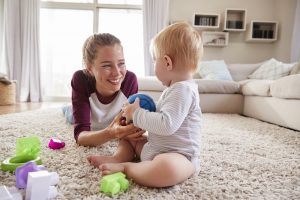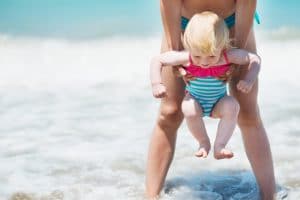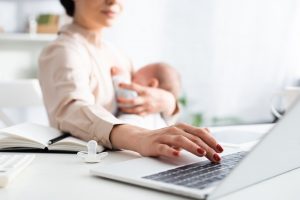 General Information about coughs and cold
General Information about coughs and cold
- On average children will have six to twelve colds in a twelve month period.
- The cold virus is spread through the air by coughing and sneezing, or through touching unwashed hands that people have coughed/sneezed on.
Common signs of having a cold
- Sore throat
- Cough
- Sneezing
- Runny nose
- Children may have a fever but usually their temperature is not very high.
- Usually children with colds don’t feel well.
- Hard to feed and sleep (due to blocked nose)
Prevention of colds
- Good hygeine reduces the spread of colds. Wash your hands and teach your children to wash theirs well after blowing or wiping their nose, as well as before you eat or drink.
- Keep young children away from people with a cold, if possible.
Take your child to see the doctor if they:
- Won’t drink fluids
- Have decreased wet nappies
- Vomits frequently
- Complains of intense headache
- Is pale and sleepy
- Has difficulty breathing
- Has high fever that doesn’t get better after a day or two
- Your child is under three months of age
- Your child doesn’t show some improvement in 48 hours, or if you’re worried.
What can I do?
- Warm drinks, which can ease a sore throat and dry mouth
- Saline nasal drops or spray can ease a blocked nose, especially before feeds and sleep
- Paracetamol or Ibuprofen may help if children are uncomfortable. Cough and cold products may contain paracetamol and need to be used with caution to avoid ‘doubling up’, or overdosing with paracetamol. Read the label carefully.
- Vaporisers and humidifiers may be of some help to relieve symptoms. Use with care in young children, there is a risk of accidentally swallowing the vaporiser solution (usually containing menthol or eucalyptus) or burning themselves.
What to Avoid
Cough and cold medication (see the following list) should not be used in children younger than 6 years of age. Ask a doctor or pharmacist for advice before giving cough and cold medicines to children aged 6 to 11 years. This is because few clinical trials have proven the effectiveness of combination cough and cold and cold and flu medicines, particularly in children, but they are known to cause serious side effects (e.g. seizures or fits).
Cough and cold medication to avoid in children:
- Cough suppressant
- Expectorant
- Antihistamines (e.g. chlorpheniramine, diphenhydramine, triprolidine, brompheniramine, dexchlorpheniramine, doxylamine, pheniramine, promethazine)
- Decongestants (e.g. pseudoephedrine, phenylephrine, oxymetazoline, xylometazoline).
Other
- Vitamin C or echinacea – there’s no clinical evidence that vitamin C or echinacea has any effect on how long or how bad colds are in children if these treatments are started after your child gets a cold.
- Use rubs such as eucalyptus rubs with care as they contain substances which are dangerous if swallowed.
Myths
- There’s no need to stay away from dairy products, because they don’t produce extra mucus.
COUGHS IN KIDS
Cause
- The most common cause of coughs in children are viral infections. Coughs due to a cold will usually get better within ten days, but can last up to three weeks. A cough and other symptoms will improve as your body fights the infection, and if you are generally healthy, you won’t need treatment. Antibiotics are generally no help for these types of infections.
- Sudden onset of cough may mean your child has inhaled something small.
- A hoarse, barking cough may be croup – see a doctor
- Persistent night time cough may be asthma
- In infants, a cough associated with feeding or position may be due to reflux
What can I do
- Honey: Honey may reduce the severity and duration of a cough, according to a recent study. In children older than 1 year old, 1-2 teaspoons of honey, thirty minutes before bed may help. Avoid honey in children under 12 months old due to the risk of the rare condition called botulism, which causes muscle weakness and can be fatal.
Use with care
Vaporisers and humidifiers haven’t been shown to relieve a cough. Use with care in young children, there is a risk of accidentally swallowing the vaporiser solution (usually containing menthol or eucalyptus) or burning themselves.
For further medicines information in Australia
- Call NPS Medicines Line on 1300 MEDICINE (1300 633 424) to get information about your prescription, over-the-counter and complementary medicines (herbal, ‘natural’, vitamins and mineral supplements) from a pharmacist.
References
http://www.rch.org.au/kidsinfo/fact_sheets/Cough/
https://www.nps.org.au/australian-prescriber/articles/cough-and-cold-remedies-for-children
http://summaries.cochrane.org/CD007094/honey-for-acute-cough-in-children
Read about what other parents suggest for coughs and colds in babies

 General Information about coughs and cold
General Information about coughs and cold











